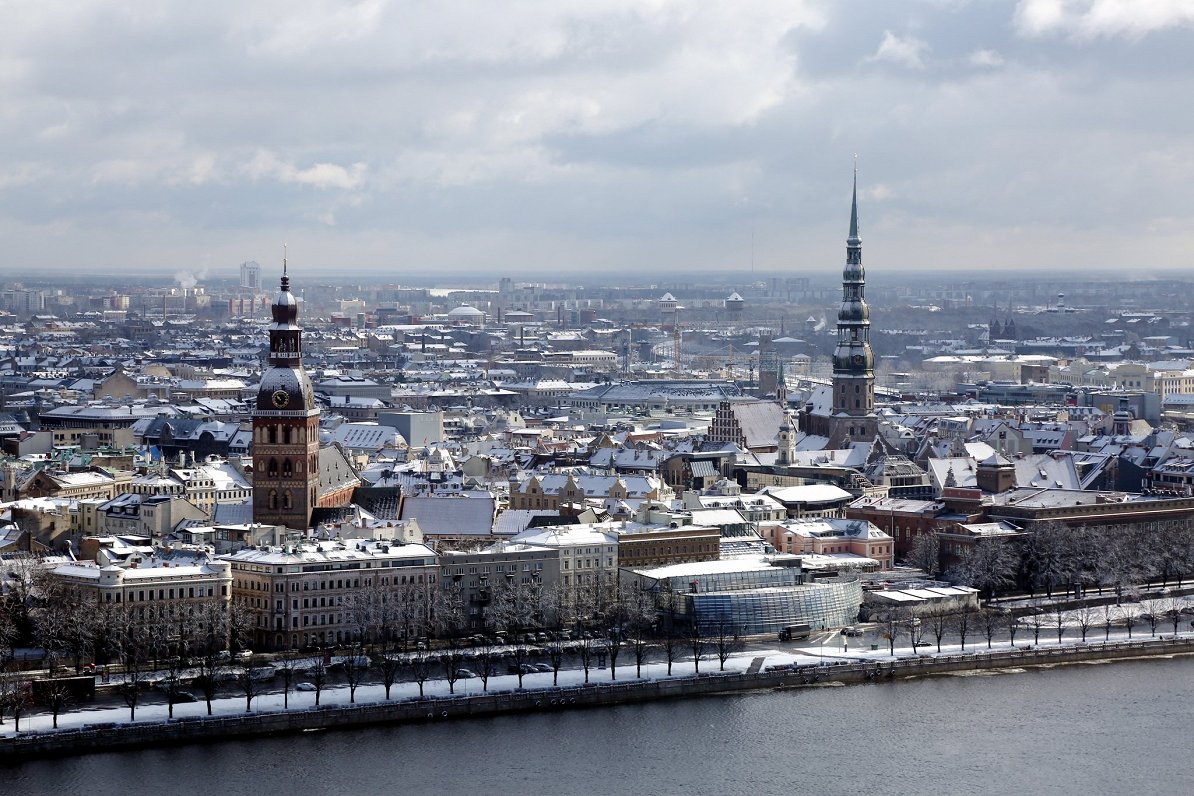Rolands Bogdanovs, director of the agency, said that six investment sectors are a priority.
"IT, international business and financial services centers, start-ups, high VAT production, real estate development and film and multimedia industries are currently identified as priority sectors. And as such, in addition, real estate development and the strategic development of local government-owned assets, attracting more experienced investors. There are quite a lot of areas that are currently undeveloped and also degraded but have potential, so we are looking for internationally experienced investors that could add value to Riga,” said Bogdanovs.
How many tourists are in Rīga hotels right now? Sabīne Krieviņa, administrative director of the largest hotel network in Latvia Mogotel, said two of its nine hotels in Riga are currently closed. The situation is better for those hotels that have spa facilities.
"Limits are still in place in both the area and the flow of people, so we are looking forward to being able to deliver our services and work. Good to have corporate customers and sporting events, so there are also athletes living in hotels, but its flow is certainly not enough. In normal circumstances, there would be a much higher demand for conference services, and this year it is clear that this segment does not exist at all.
"I think it is important to remember that different types of events are also organized at a national level, our country is hosting other countries' delegations. And at a time when accommodation services, catering services will be needed for conferences [..] the question will be – what happens if entrepreneurs have already closed their businesses by then," said Krieviņa.
Evita Gasparoviča, executive director of the Neiburgs Hotel, says the hotel has not closed but the number of tourists is not high. Last year the local population was also attracted, but this year the situation has changed.
"This year the borders are open, we see how actively our nationals travel to Tenerife, to Egypt and other warm lands. Consequently, the local population [in the hotel] is currently much less than in the winter of last year. Now we are based on tourists from Germany, Britain, and [elsewhere in] Europe. Also, the Russian market [who have the] Sputnik vaccine, which we do not accept, is very small in percentage.
"We should not be subsidized, we should be allowed to work. These Prime Minister's words were painful, especially for us, a 100% local capital company with a reputation, working on the market for 12 years and paying taxes conscientiously. There are a number of other sectors linked to our sector: transport, catering, guide services, medical tourism. It is clear that tourism will start to recover at some point, but how many entrepreneurs and labor remain in the sector we will see in time," Gasparoviča said.
The representatives of the tourism industry acknowledge the importance of promoting the capital as an internationally attractive tourist destination after removing the restrictions. Rolands Bogdanovs, director of the Riga Investment and Tourism Agency, says that tourism plans have been limited by the pandemic.
Tourism has fallen to 20% of 2019 figures, so the main goal now is to increase the number of tourists annually.
“We are expected to reach 30% this year, 40% next year. We focus on the nearest markets, where the restrictions are smaller than the Baltic bubble. Also to Scandinavian markets, to Germany, to Poland, which are the main visitors. To attract tourists, we also think of Restaurant Week. We use the people we know in Rīga this year as messengers in the world and also attract international influencers who come here and produce digital content and thus tell our target markets about the opportunities that are in Riga in terms of tourism,” Bogdanovs said.






























